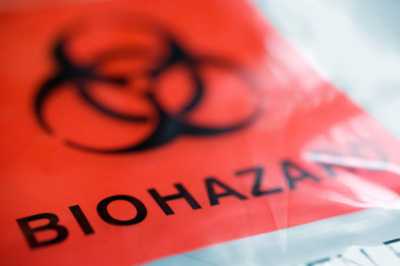Preparedness and Emerging Infections (DPEI)
 Focus: To assure that the public health system can detect and respond to infectious disease threats, with a special focus on emerging pathogens, biological warfare agents, and the diseases that are of particular concern to people living in Alaska and other Arctic regions.
Focus: To assure that the public health system can detect and respond to infectious disease threats, with a special focus on emerging pathogens, biological warfare agents, and the diseases that are of particular concern to people living in Alaska and other Arctic regions.
Some key activities:
- Help prepare CDC and its partners to use vaccines, drugs, and diagnostic tests— countermeasures that would be critically important to saving lives during a large-scale public health emergency caused by bioterrorists.
- Collaborate with public health laboratories throughout the world to implement the quality standards necessary for effective disease detection and successful partnerships.
- Serve as an effective steward for the Emerging Infections Program and the Epidemiology and Laboratory Capacity for Infectious Diseases Cooperative Agreement to support infectious disease epidemiologic investigations, laboratory infrastructure and expertise, and surveillance for state and local health departments.
- Manage the Laboratory Response Network, which links 160 highly specialized laboratories, including health department laboratories, federal and military laboratories, environmental testing and diagnostic veterinary laboratories, as well as international laboratories. This unique network of laboratories is designed to respond to bioterrorism, chemical terrorism, and other public health emergencies.
- Target diseases that are a special problem for Alaska Natives, such as viral hepatitis and foodborne botulism.
- Page last reviewed: November 4, 2016
- Page last updated: November 4, 2016
- Content source:
Centers for Disease Control and Prevention
National Center for Emerging and Zoonotic Infectious Diseases (NCEZID)


 ShareCompartir
ShareCompartir